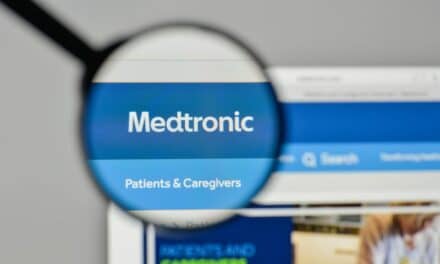Patient monitoring company Telemetrix, Atlanta-based provider Piedmont Healthcare, and virtual care company Remote Care Partners (RCP) have launched a continuous care program aimed at advancing the collection and utilization of patient information obtained through remote care devices. This initiative addresses the current challenges faced by healthcare providers in effectively managing the influx of patient data and integrating it into electronic health records (EHRs).
In the realm of telehealth, remote patient data monitoring and collection often prove to be imprecise, overwhelming healthcare providers with excessive information. The complex task of sifting through data sent from at-home care devices, navigating cloud-based hubs, and accessing patient EHRs proves time-consuming and taxing, impeding the efficient delivery of care.
The collaborative program introduced by Telemetrix, Piedmont, and RCP aims to streamline the continuous care process, facilitating a smoother exchange of information and more efficient system integration. Combining Telemetrix’s Remote Patient Monitoring software with RCP’s devices, care management, and coaching, the program will initially launch at two Piedmont medical facilities before expanding across the entire Piedmont Health System. RCP will provide dedicated backend support through its team of more than 70 registered nurse coaches, ensuring healthcare providers receive comprehensive assistance.
Gregg Smith, CEO of Remote Care Partners, emphasizes the program’s objective of making continuous care accessible to both healthcare providers and patients. Acknowledging the data overload experienced by healthcare practices, Smith underscores the significance of alleviating this burden.
The integrated platform begins with a centralized hub that collects data from various remote devices, such as scales, blood pressure cuffs, and glucose meters. Seamlessly integrated with the widely used EHR system, Epic, every step of the process, from device ordering to data transfer, is fully integrated. Patient data collected by RCP devices undergoes secure encryption and cloud-based transfer, automatically populating the patient’s EHR in a matter of minutes.
Patrick Cossart, Piedmont Healthcare director of virtual health, highlights the platform’s advantages, eliminating the need for providers to transition between multiple systems and ensuring seamless care delivery. Patients can access their information through the patient portal, enjoying a streamlined and integrated experience, he says.
This model not only enhances short-term quality of care but also improves long-term patient outcomes by reducing inconsistencies between at-home and in-office results. Additionally, it provides digital medication reminders, contributing to improved patient well-being. Notably, Medicare recognizes and compensates payors and practices for this service due to its potential to reduce emergency room visits and doctor appointments.





